The sixth round of our Sundance coverage features Nikyatu Jusu’s Nanny, John Patton Ford’s Emily the Criminal & Adamma Ebo’s Honk for Jesus Save Your Soul:
Nanny

Nanny (2022) is written and directed by Nikyatu Jusu. It follows Aisha (Anna Diop), an undocumented Senegalese immigrant who lands a job as a nanny of a wealthy Manhattan couple, Amy (Michelle Monaghan) and Adam (Morgan Spector). Right off the bat, Aisha establishes a good relationship with Amy and Adam’s daughter Rose (Rose Decker). And although it looks like a steady and straightforward source of income, the job becomes a prison for Aisha as she’s made to work overtime and given little to no pay. In addition to that, she finds herself oscillating between Amy and Adam for what she’s owed, while slowly buckling under the pressure of getting her young son she left behind in Senegal. As if all that’s not enough, Aisha also feels that she’s being followed by a supernatural entity that is blurring the lines between her dreams and reality.
The one thing that sets apart a good horror movie from a bad one is its commitment to the non-horror aspects of the plot. If done right, the audience will actively want the scary events to not happen (which is inevitable), thereby experiencing actual shock when things go off the rails. If the audience wants the horror to kick in from the get-go, it only means that the movie has failed to make them root for the characters. In Nanny’s case, Aisha’s longing for her son seems genuine. Her friendship with Rose is really sweet. And her romantic relationship with Malik (Sinqua Walls) is both sexy and wholesome. The way he comforts her after she wakes up from a nightmare is extremely endearing. So, when you see Aisha suffocating with guilt, stress, and depression, the fear of her losing what she loves magnifies the terror generating from the shadows and reflections tenfold.
Without giving away too much, a lot of what’s happening in Nanny is self-explanatory and expertly visualized by Jusu, with the help of DoP Rina Yang, editor Robert Mead, and of course the uber-talented Anna Diop. It’s an extended, hypnotic metaphor for Aisha’s struggle to settle in Manhattan while dealing with Amy’s absence, Adam’s performative wokeness, and giving Rose the care she never gave to her own son. Jusu confidently takes Aisha to the peak of her paranoia. But it’s on the way down that the movie just ends abruptly without giving a massive revelation the time to settle. This is a shame because except for those final 10-15 minutes, Nanny is pretty much perfect. It boasts of amazing filmmaking, acting, score, visual effects, costume design, editing, and cinematography. However, there’s a chance that due to the lackluster finale, many viewers aren’t going to remember this movie fondly. That doesn’t mean it is not worth a watch. Who knows? You might just derive something from it that I couldn’t.
Emily the Criminal
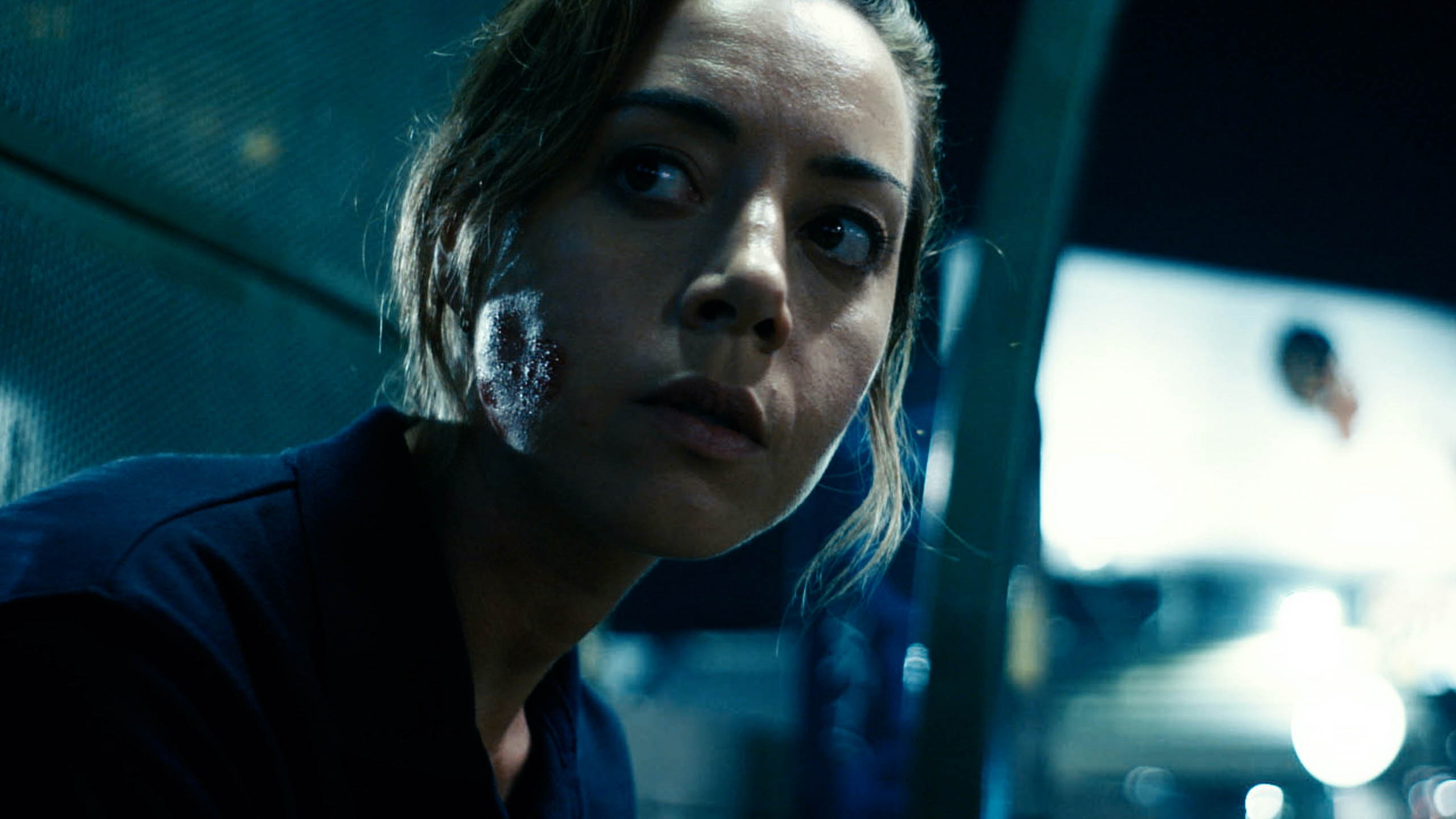
Sundance is a celebration of compelling, indie debut cinema. It heralds remarkably original new voices and stories that find their footing in a better way than most of the big ones. Having said that, John Patton Ford’s no-nonsense thriller Emily The Criminal is right up that alley. It undecks its cards in a pretty neat and tight fashion. It revolves around Emily- who, in fact, is such an everywoman. A young woman doing odd food deliveries and searching for better ways of making money at other instances, she’s led to the underworld of Los Angeles. From opting for some pretty ‘basic’ credit-card scamming to encountering near-death experiences, Emily is stifled in a chaotic road. It’s fatal. It’s not so representative of her skills. And yet, when it happens, we get to see the real her.
Emily The Criminal intelligently pushes its boundaries without even suggesting so. In what is usually a male character’s forte, Emily is established very organically. This is a down-on-luck person saddled with debt and you get to feel her desperation. Her pursuit for making money and her ways of doing it feels wrong but also wickedly smart. John cleverly takes a simplistic route to mine layers of feeling out of his thriller. The morally corrupted black comedy of the title really works in favor. It takes your pulpy-pleasure expectations and upends them with its taut realist texture. The cinematography by Jeff Bierman is wonderfully stone-cold. We also have the razor-sharp editing by Madeline’s Madelin fame Harrison Atkins. Patton’s screenplay is a little predictable and it isn’t exciting beyond its fascinating leading character. However, it’s gripping enough to have your eyes fixed upon the screens for one-and-a-half hours.
None of this would have mattered too much without Aubrey Plaza as Emily, though. Time and again, she has proved herself as an excellent and often neglected actress. In 2020, she became an electrifying indie voice with Black Bear. However, she’s extraordinary in Emily the Criminal. In a performance that finds her full-bodied and relentless, she spares not a scene to act the fuck out. She’s as piercing and perfect as an actress should get when she’s in a film- any film. It’s she who gives this solid, sinister thriller its much-needed edge. Emily the Criminal, with her, is an enjoyable and fairly compelling thriller. It’s a directorial debut that is surprisingly mature and empathetic towards the working-class young force of America. And it truly understands its needs and desperations, blending them definitely with action and black comedy.
Honk for Jesus, Save your Soul
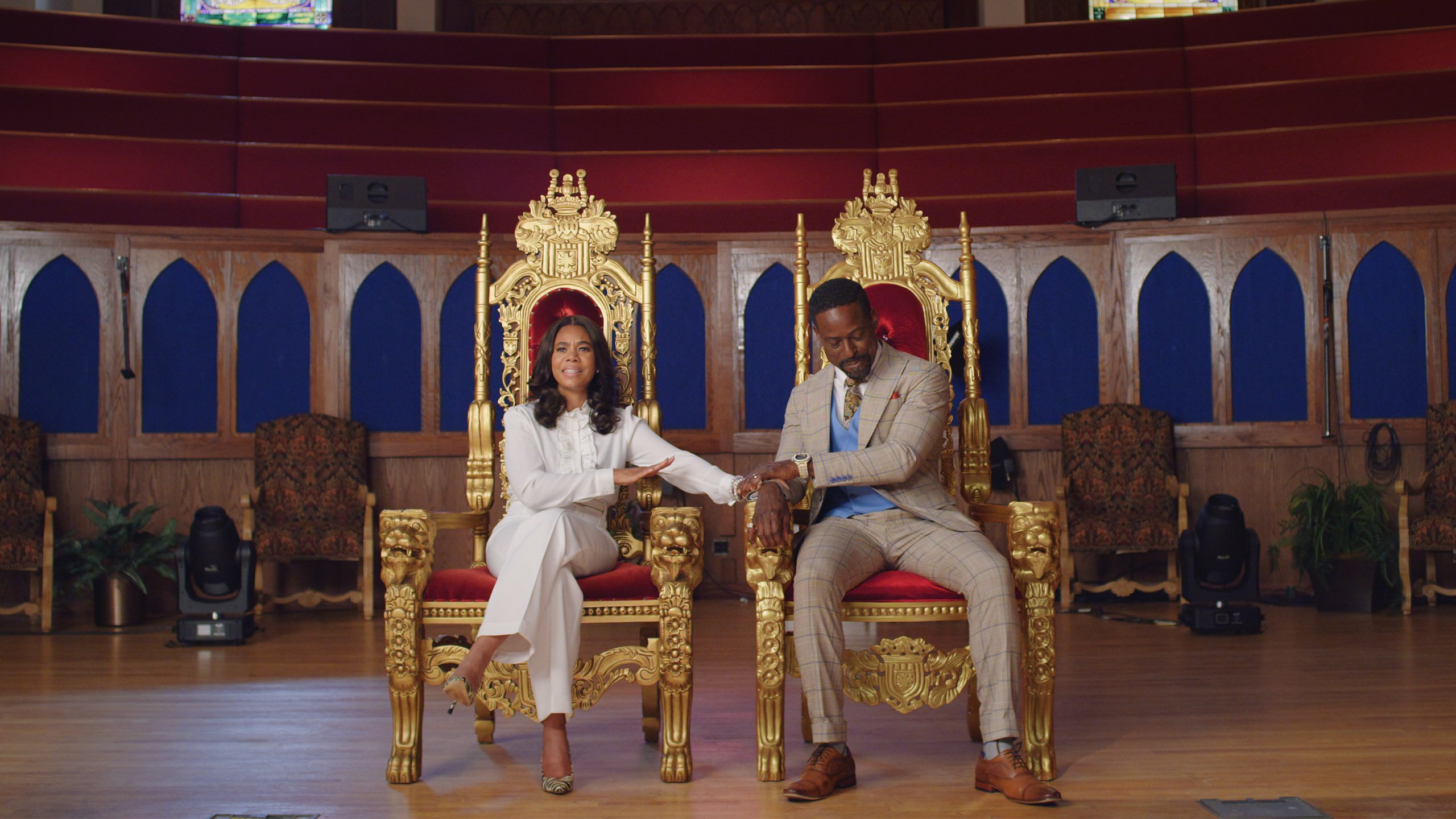
Adamma Ebo, for her feature directorial debut, bases her film entirely upon her short film which she made in 2019. Honk for Jesus. Save Your Soul is a fictional story based partly on real events. In a Southern Baptist Mega Church, Pastor Lee-Curtis Childs enjoys unprecedented popularity. However, tables are truly turned when Pastor Childs is faced with severe allegations. In the aftermath that follows, the film revolves around first lady Trinity Childs and how she helps her husband ‘resurrect’ the congregation and their popularity. The stakes are high because of the severity of allegations, and the arrival of a fresh-faced, younger Pastor couple in the game.
Adamma Ebo has created a compelling satire in Honk for Jesus. It’s a taut work filled with dark humor and thought-provoking commentary. Those who didn’t like the overt humor and self-indulgence of Adam McKay’s Don’t Look Up will delight at Ebo’s sharp work here. Her mockumentary setup is fascinating as well as technically sound. We get a brilliant structure alternating between TV show-like scenes and cleverly shot fake archival footage. Also, the conversations and their tonality are hilarious. More importantly, it’s a setup that seems to work flawlessly in order to land the satire. The cultural commentary is pin-pointedly precise. Ebo truly gets the inherent nature of religion- an institutional setup that celebrates performative art. Putting up a theatrical show is the only vision and ambition that “God’s representatives” prefer. The cutthroat competition emerging from a generational gap between one “holy couple” and the other goes on to prove it.
The stylistic flourishes are entertaining, thanks to the performances. Adamma carefully derived the aesthetic of acting in her short (which inspired this film). However, it lost itself to the bad acting by Theodus Crane and Brittany Bellizeare. However, Regina Hall and Sterling K. Brown are exceptional in form as the First Lady and Pastor. Regina Hall in particular is extraordinary. She’s poised and gets the ‘classless fuck’ humor of the film with integrity and charm. She’s proved herself for the second time in Sundance this year.
It’s a powerful film. It never unearns its central purpose for once in the entire running time. However, it’s bogged down whenever the real drama comes up on the screen. It doesn’t just feel unnecessary, it also feels wholly undeserved. The progression of reality here is bland and unsatisfactory. A laugh riot sex scene, in fact, elevates the experience. However, nothing really works on that front. Also, the film gets a little weaker as it gets more real and tragic. However, it’s still a meticulously gripping black comedy. Culturally sound and well-acted, Honk for Jesus. Save your Soul is an essential satire on flag-bearers of religion who manages to empathize with them.



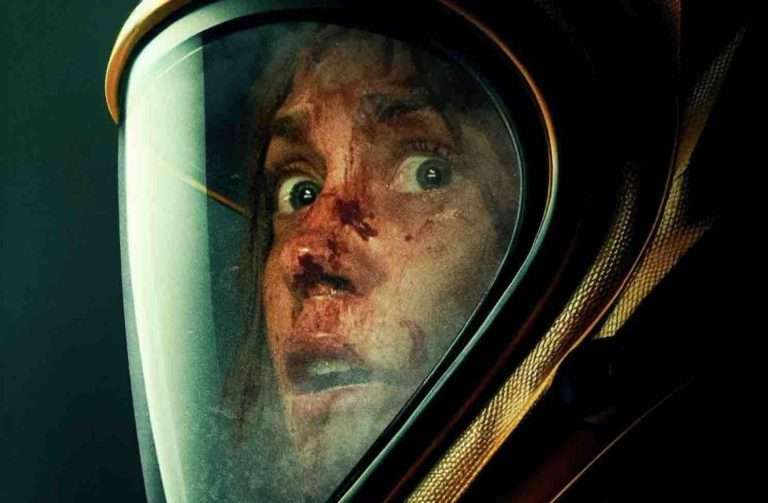

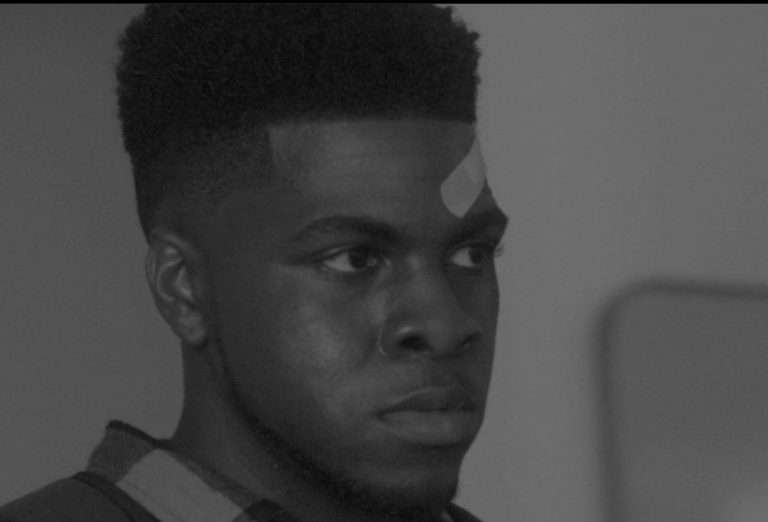

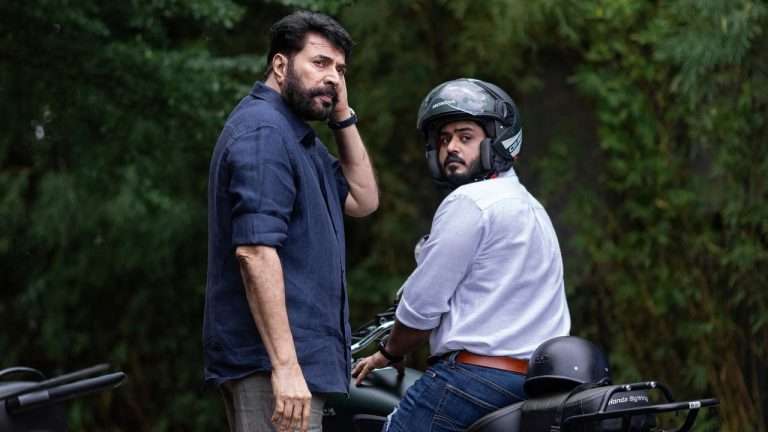
![My Octopus Teacher [2020] Netflix Review: An Extraordinarily Beautiful Documentary](https://79468c92.delivery.rocketcdn.me/wp-content/uploads/2020/10/My-Octopus-Teacher-768x452.jpg)